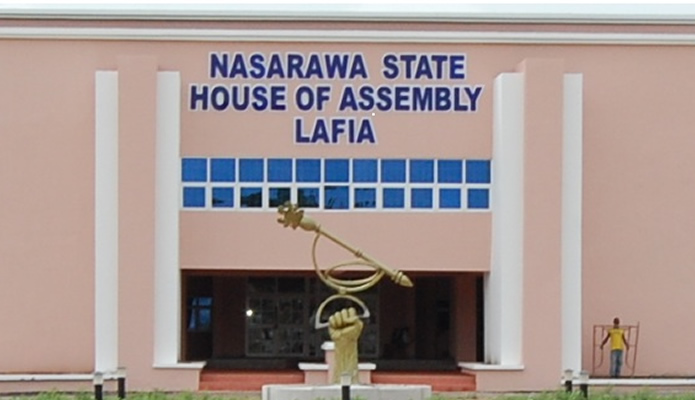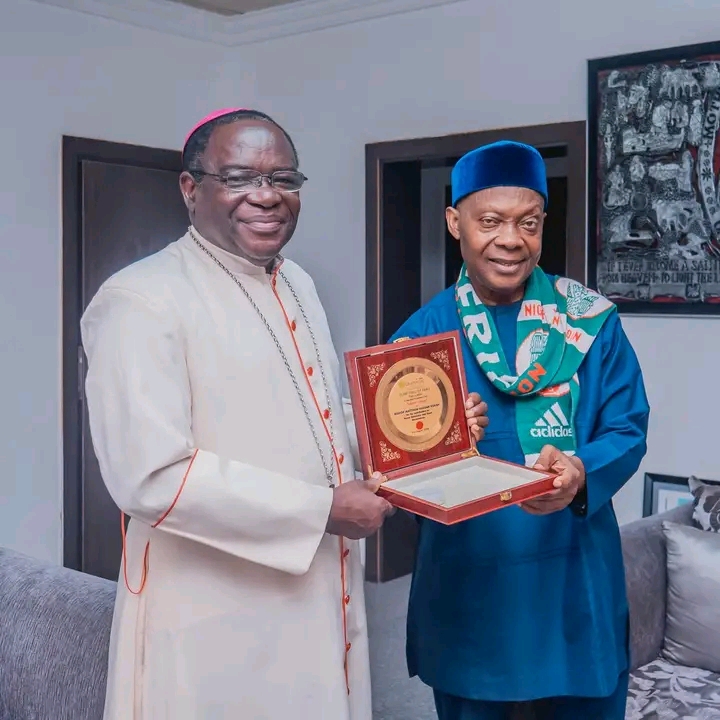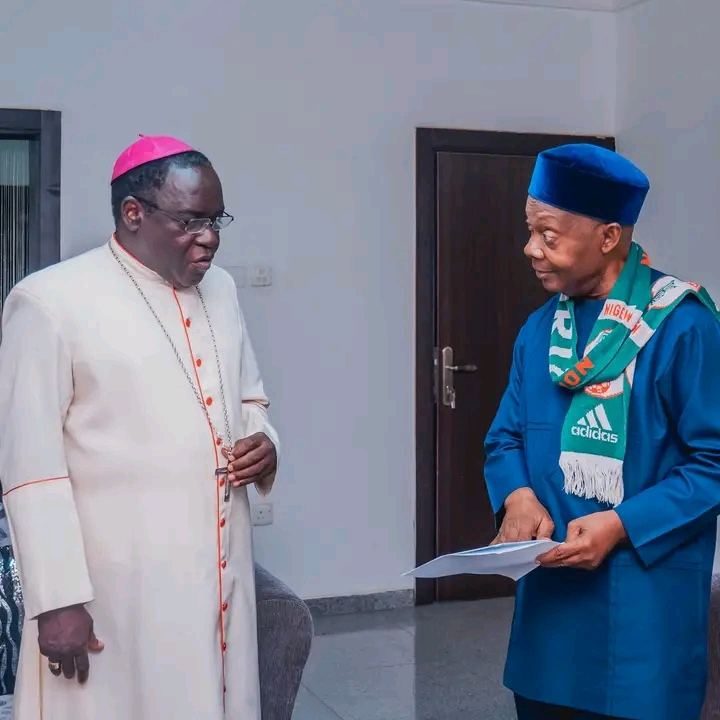By IK Solomon Akwanga
Executive Summary:
- Chinese processing plants drive illegal mining
- Process plants are not required to check that the source of the ore is from legal / licensed operations
- The illegal operations avoid payment of royalties to the Government
- The illegal operations do not comply with environmental protection requirements
- The illegal operators kill, maim, and intimidate communities and farmers
- Local companies are a front for Chinese owners, often through other entities in Europe or other countries with respected environmental and mining credentials as a cover
- Legally licensed mining company operators are prevented from accessing their tenements by armed illegal operators
- Illegal operators have been found to be working with illegally obtained documentation purportedly authorizing their operations
- The illegal mining activities (get in – get out quick, never mind the environment) is preventing legitimate large-scale mining such as that seen in Australia, South Africa, Canada and South America which has underpinned the massive mineral wealth generation of those countries. Nigeria is missing out.
- Super wealthy Chinese industrialists in the battery manufacturing sector are behind the processing plants
- No downstream processing (after basic concentrators) have been built in country yet, perhaps to protect the technology and avoid technology transfer to Nigeria.
Chinese backed locally incorporated companies are illegally mining in Nigeria in great numbers. Few are legally licensed to mine. Chinese groups are building lithium concentrators in several states. The demand for lithium ore for these concentrators fuels illegal mining, completely negating the efforts of Nigeria’s Department of Mines to stamp out illegal mining.
Local Nigerians are often used by Chinese companies as a front for illegal mining. The ore from the illegal mining is trucked to the Chinese owned concentrators. The concentrator plant operator is not required to seek proof that the ore came from a mining lease authorized to mine lithium. The requirement for the ore provider to present a copy of the Mining Lease certificate licensed to mine Lithium from which the ore was sourced, akin to a bill of lading in the oil sector, would be a major step forward in regularizing lithium mining in Nigeria and curbing illegal operations.
Allowing Chinese concentrator plants to accept illegally mined lithium ore fuels growing insecurity as the illegal operators most often have armed security. Farmers and local resident objecting to illegal activities on their land are intimidated and sometimes killed. In one case in Kaduna State the community voted to proceed with consent for a company that held a legal licence to explore the area owned by several farmers in the community rather than give consent to illegal operators. Within hours of giving consent to the company with legal title heavily armed thugs invaded the village, murdering the main community leader who advocated support for the legal title holder, machetteing another and kidnapping the daughter of yet another supporter of the licensed mining company. The legal holders of the exploration licence or mining lease are prevented from conducting work on their tenement by armed security supporting the illegal miners.
In September last year illegal mining activities at Kurebe and other surrounding villages in Shiroro Local Government Area of Niger State were brought to light by Yakubu Mohammed writing for the Foundation for Investigative Journalism. Ibrahim Usman Adam, a kingpin in the illegal mining activities was reported to be the site manager for Eso Terra, the Chinese mining company in the area. The Chinese investors behind the Nigerian front men have been accused of paying off terrorist groups to allow them to work mineral deposits where the licensed holders are prevented from working.
Of course, the illegal operators show little regard for the environment. Their key concern is to mine the high-grade lithium as quickly as possible, before they may be required to cease work and retreat from the site. This means there is no reasonable mine plan with overburden dumped wherever is convenient, blocking waterways, and later requiring the legal holder of the tenement to undertake a major earth moving operation so that extensions or the orebody can be accessed and areas established to hold overburden and low-grade ore.
In Nigeria Chinese miners and processing plants are significantly under reporting the grades of lithium and failing to disclose Rare Earth Elements (REEs) in the lithium ore. The illegal miners are depriving the Federal Government of much needed revenue from mining royalties while leaving a trail of environmental destruction with an enormous cost to rehabilitate. With farmland and forest being lost to illegal miners often backed by Chinese companies there is little prospect of massive environmental damage being rehabilitated with the usefulness of this land lost to the Nigerian nation for many generations to come.
Chinese companies running concentrators in Nigeria may have large processing capacities, but they are currently relying on supply of lithium ore from illegal miners.
But the major Chinese companies such as Ganfeng Lithium Industry Ltd. and Tianqi Lithium Industrial Ltd listed on the Shenzhen and Hong Kong stock exchanges that purport to be the big investors in these Nigerian ventures have nothing to do with the local Nigerian corporate entities controlled by Chinese nationals.
The Nigerian Ganfeng said it will make and sell lithium carbonate ready for the production of EV batteries. This is highly unlikely bearing in mind the cost of a lithium carbonate plant.
Similarly, CAMCE has been presented by Chinese nationals in Nigeria as the CAMC Engineering Co., Ltd. (CAMCE) affiliate to China National Machinery Industry Corporation (SINOMACH) which was established in May 2001 and was listed in Shenzhen Stock Exchange. CAMCE Nigeria turned out to be Zeyi International Trading Ltd, a locally incorporated company.
Another example of the local Nigerian front company for Chinese investors is Ajans Investment Nigeria Ltd with Lukeman Omuya, the Editor in Chief of Nigeria’s Rockpost mining magazine, as MD of Ajans. Ajans asserts they are building a lithium concentrator at Suleja, just north of Abuja, in Niger State, Nigeria. They contend they have the necessary licensing in place. There has been no confirmation of the proposal. They are in fact, owned by Tommerup Sustainable Geoming ApS, a Danish incorporated company (TSG Minerals.com) with Michael Bruun-Larsen as a Director. The Danish company is owned by Tommerup Minerals Ltd Hong Kong which in turn is owned by TSG Group China.
Avatar New Energy Materials Co., Ltd, chaired by Mr Hi Yongwei with Executive Director Zhu Xingjian, recently constructed a lithium concentrator in Nasarawa State announced by Governor Sule to have a 4,000 metric tons per day lithium processing.
Mr Zhen Hua Pei is also a big player in Nigeria’s critical minerals market. Mr Pei is the Chairman, Canmax Technologies Co., Ltd. He is the founder of Suzhou TA&A Ultra Clean Technology Co., Ltd. Mr Zhen Hua Pei currently holds the position of Chairman at Suzhou TA&A Ultra Clean Technology Co., Ltd. and Chairman for Yibin Tianyi Lithium Technology Innovation Co., Ltd. Mr Pei was listed at number 46 on China’s rich list in 2023. His billion-dollar fortune stems from his holdings in Contemporary Amperex Technology (CATL), one of the world’s largest suppliers of batteries for electric vehicles. Mr Pei has announced plans to build a $200m lithium processing plant in Nigeria.
In contrast to the vast Chinese interests in Nigeria’s lithium and other critical minerals, no other nation has built a lithium beneficiation plant in Nigeria and the Jupiter Project is the only large lithium deposit not dedicated to providing offtake of ore or lithium concentrate to Chinese companies.
In short, China has moved decisively to capture Nigeria’s lithium and rare earth elements. China currently processes 65 per cent of the world’s lithium, according to Benchmark Mineral Intelligence, a commodities data group.
Initially small Chinese operators sought to use Nigerian front companies, often installing Nigerians as office holders and front men. But as the size and high grade of Nigeria’s critical minerals became apparent large Chinese operators have moved in and overwhelmed the mining sector.
How much is this costing the Nigerian nation? The five Chinese owned lithium concentrator plants currently operating have an estimated combined published cost of up to US$200m each which is highly inflated while the real cost likely not to exceed US$50m in total. They are designed to process a total of 25,000 tonnes of ore per day or approximately nine million tonnes of ore per annum. This would produce around 2.25m tonnes per annum of concentrate which in today’s market at around $1,000 per tonne is worth around US$2.25b per year. With a current 5% royalty, this level of production from a legitimate mining operation should result in a royalty payment to the government of US$112.5m annually.
It is estimated that large scale legal mining operations across the whole of Nigeria would be able to produce at least five times this amount annually.
However, with most of the lithium ore coming from illegal mining operations the expected royalty paid to the government is miniscule.
It is estimated that large scale legal mining operations across the whole of Nigeria would be able to produce at least five times this amount annually with the accompanying royalty payments to the federal government of billions of dollars annually.
And that’s just for Lithium.
Chinese interest in minerals is not limited to lithium. Going out with the lithium concentrate from Nigeria and as yet unaccounted for are massive quantities of rare earth elements and other critical minerals with their own separate royalty payments being lost to the nation.
Meanwhile, China has moved to constrain world access to Rare Earth Elements (REE). Chinese authorities announced that, from 15 September 2024, they will restrict exports of antimony, a rare earth element used in products ranging from batteries to weapons, reputedly to safeguard China’s security and interests. This follows from China’s earlier export restrictions on lithium concentrate.
One of China’s largest mining companies, Sinomine, owns the world’s only two producing caesium mines … Canada’s Tanco mine and Zimbabwe’s Bikita mine, providing a strangle hold on global caesium supply.
Chinese companies run the majority of Zimbabwe’s mines but this has not yielded the expected gains for Zimbabwe. Like Nigeria, Zimbabwe, which has Africa’s large lithium reserves, imposed a ban on export of lithium ore, imposing a requirement for mining companies to set up processing plants to convert the lithium ore to concentrate before export in order to generate local jobs and revenue. Chinese-owned companies including Huayou, Sinomine Resource Group, Chengxin Lithium Group, Yahua Group, and Canmax Technologies have spent more than $1 billion acquiring and developing lithium projects in Zimbabwe. Little of that wealth has flowed into structural improvements in Zimbabwe’s economy.
After buying the Arcadia mine in Zimbabwe from Prospect Resources for $422 million in 2023 Chinese mining company Zhejiang Huayou Cobalt commissioned a $300 million lithium concentrator which has the capacity to process around 450,000 metric tons of lithium concentrate annually. Under Zimbabwean law the refined lithium can then be exported for further processing into battery-grade lithium outside Zimbabwe. Where does it go …. China of course.
Is this where Nigeria is heading?
Ayodeji Adeyemi, special assistant to Nigeria’s mines and steel development minister said, “Our new mining policy demands that you add some value to raw mineral ores, including lithium, before you export.” Like Chinese operations in Zimbabwe, the lithium concentrate is shipped to China.
However, China, which controls the world’s critical minerals supply chain, is ideally placed to reap benefits in these situations, because several Chinese owned companies have recently completed processing plants in Nigeria. But will there be the technology transfer much desired by Nigeria?
In December 2023, China banned the export of technology to make rare earth magnets, adding it to an existing ban on technology to extract and separate the critical materials. Nigeria is mistaken if it thinks there will be a technology transfer from China to Nigeria in anything but the most basic and mundane processes.
China currently dominates global critical mineral supply chains, accounting for 60 percent of world-wide production and 85 percent of processing capacity. But there is little evidence that China’s dominance in the sector has been beneficial to the African nations that host the minerals. China’s contract concessions are typically opaque and heavily tilted toward Beijing. In May 2023 DRC President Felix Tshisekedi visited Beijing, following in the footsteps of the delegations from Sierra Leone, Eritrea, Ethiopia and Gabon. The DRC President was seeking to overhaul and seal a lopsided $6 billion infrastructure-for-minerals deal with Chinese leader Xi Jinping. In place since 2008, the deal has sent billions in minerals to Beijing, but little infrastructure for the DRC has materialized in return. The Chinese-owned and operated mines certainly escape the international requirements for environmental mitigation and worker safety.
Extraction of critical minerals is only the start. China has moved along the value chain to capture the refining and processing of these minerals before export to China where the balance of the value chain is completed. Ideally, Western nations could work with African nations to form a critical mineral supply chain free of Chinese influence. But Western nations are slow starting and clawing back China’s head start would be hard. Zimbabwe is likely a lost cause. Nigeria is on the cusp of being captured by China. Nigeria’s President Tinubu will travel to Beijing in September at the invitation of President Xi. Will President Tinubu hand over Nigeria’s minerals wealth as Zimbabwe has done. Nigeria among other African nations has decried the colonial era with the wholesale export of Africa’s natural resources with little benefit to the African nations. Are we seeing history repeated with “Euro” replaced by “Sino” or “Western” replaced by “Eastern” plundering of Africa’s natural resources?
IK Solomon is a Mining enthusiast and Public affairs commentator. He lives in Akwanga, Nasarawa State and could be reached on solomonkefas89@gmail.com





















